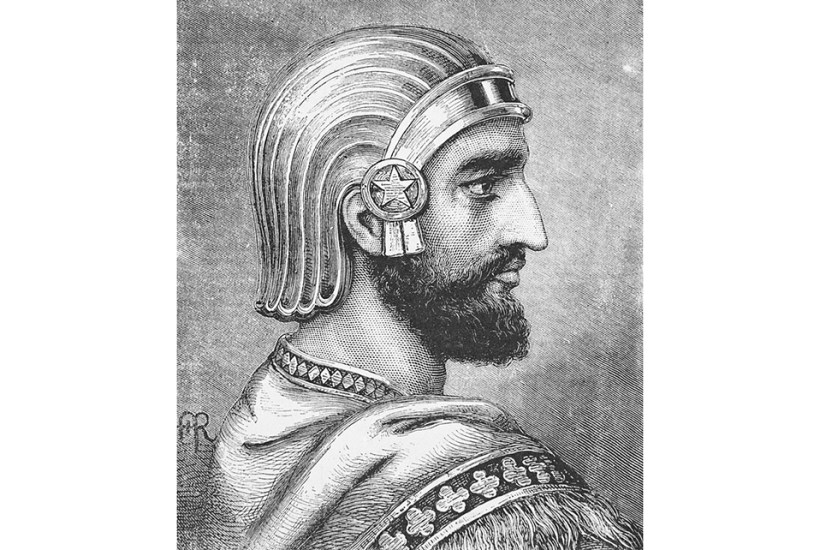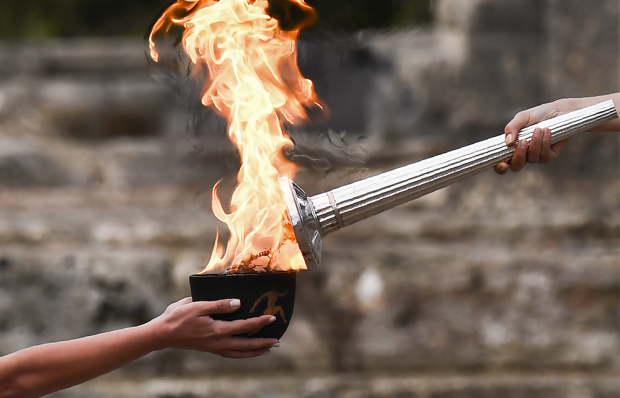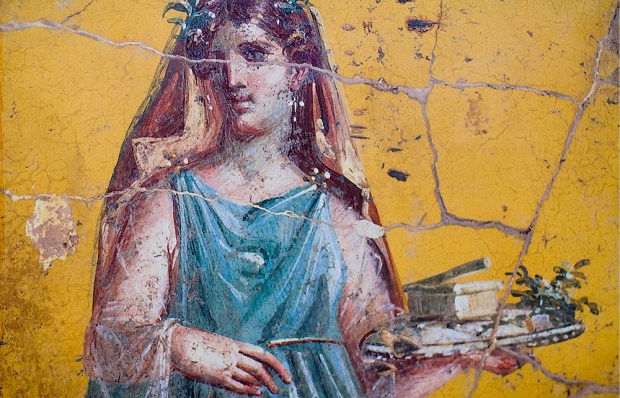If Dominic Raab has been bullying, he must think it was to his advantage. Agamemnon, leader of the Greek expedition to Troy, thought so too. At the beginning of Homer’s Iliad, he brutally dismissed the old priest of Apollo who had offered a huge ransom for the return of his daughter. So the priest prayed to Apollo, who loosed a devastating plague on the Greek army.
In contrast, let Mr Raab contemplate the founder of the Persian Empire, Cyrus the Great (d. 530 bc). Cyrus was grandson of the earlier king Astyages, a Mede. But Cyrus’s father was Persian, not Median, and because it had been foretold that Cyrus would inherit the throne, Astyages ordered that the child be left to die on the mountains. But Cyrus, swapped for the stillborn child of a peasant family, survived, everyone unaware of his true identity.
One day young Cyrus was playing at ‘Kings’ with some friends and, being made king, administered a sound thrashing to a boy who refused to obey him. But the boy’s father was an eminent member of Median society. Outraged at a mere peasant’s bullying of his son, he demanded that the family be sent for to explain itself. Cyrus proudly justified himself by saying that no one should disobey a king, and such were his looks and bearing that Astyages became suspicious, summoned the man ordered to expose the child all those years ago, and the truth came out.
But though the ancients believed that the child was the father of the man, Cyrus did not turn into the martinet that an ancient might have predicted. As his Greek biographer Xenophon pointed out, Cyrus expected to be obeyed, but such were his personal virtues that his men wanted to obey him. Mutual trust was the key: they felt the same sense of duty and obligation to him as his behaviour clearly demonstrated that he felt for them.
Aristotle said: ‘We are what we repeatedly do. Excellence, then, is not an act but a habit.’ Yet even if Mr Raab’s habit is judged excellent, it will not solve his problems with his civil servants. It takes two to tango.
Got something to add? Join the discussion and comment below.
Get 10 issues for just $10
Subscribe to The Spectator Australia today for the next 10 magazine issues, plus full online access, for just $10.
You might disagree with half of it, but you’ll enjoy reading all of it. Try your first month for free, then just $2 a week for the remainder of your first year.














Comments
Don't miss out
Join the conversation with other Spectator Australia readers. Subscribe to leave a comment.
SUBSCRIBEAlready a subscriber? Log in